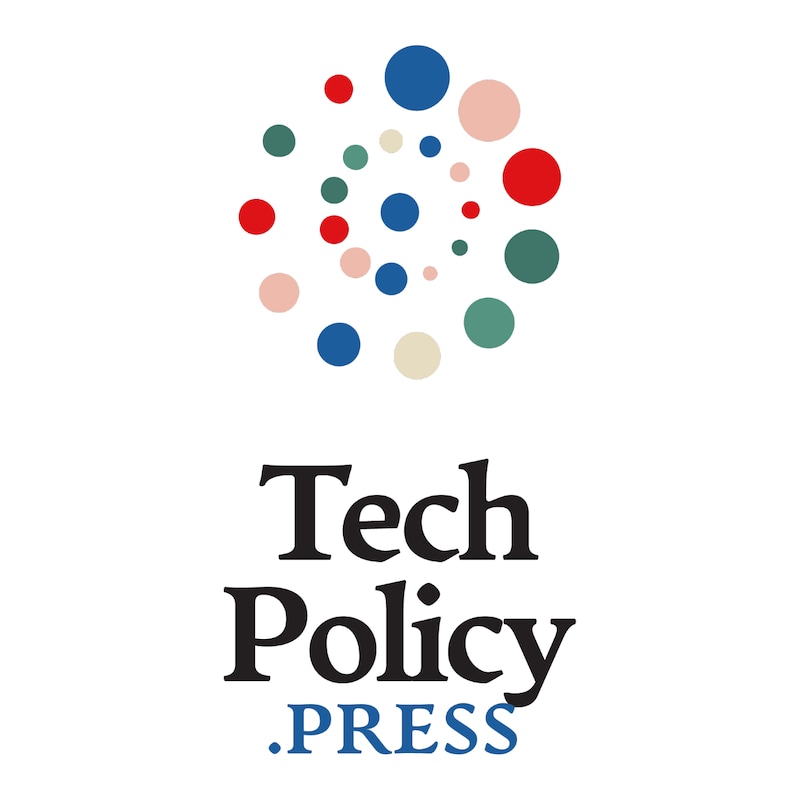Shownotes
The latest reports from the Intergovernmental Panel on Climate Change (IPCC) do not mince words. They say that “climate change is causing dangerous and widespread disruption in nature and affecting the lives of billions of people.”
The quality of the public discourse on climate issues plays a role. A report released by the IPCC in February says that the “[r]hetoric and misinformation on climate change and the deliberate undermining of science have contributed to misperceptions of the scientific consensus, uncertainty, disregarded risk and urgency, and dissent.” An April installment describes how “opposition from status quo interests” and “the propagation of scientifically misleading information” are “barriers” to climate action and have “negative implications for climate policy.”
This week, a coalition of groups published a report titled Deny, Deceive, Delay: Documenting and Responding to Climate Disinformation at COP26 & Beyond that outlines prominent discourses that seek to pervert and prevent efforts to address climate change. The report makes recommendations for governments, social media platforms platforms and the media on what to do to address the the issue.
Tech Policy Press spoke to two individuals involved in the effort to produce the report to learn more:
- Jennie King, the head of civic action and education at the Institute for Strategic Dialogue (ISD)
- Michael Khoo, the Climate Change Coalition co-chair at Friends of the Earth





